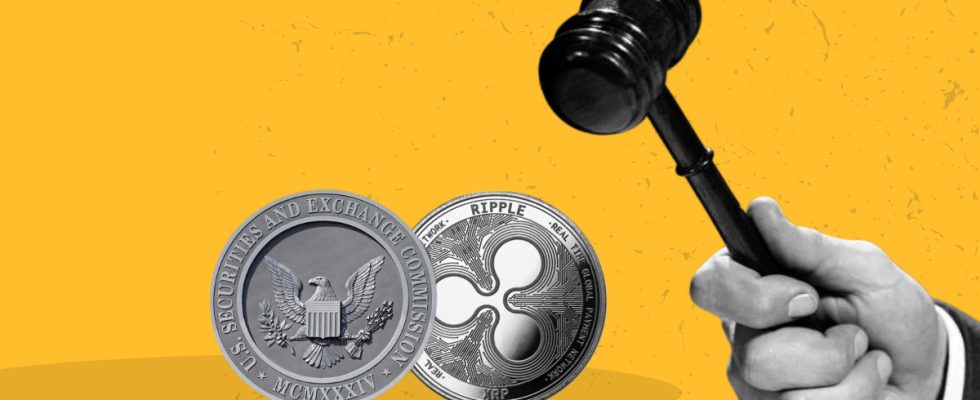Dealing a significant blow to the US Securities and Exchange Commission (SEC), the 2nd Circuit of the US Court of Appeals ruled against the regulator in its case against Aron Govil, and this decision shed light on the need to prove material damage for compensation claims. This latest development has many in the cryptocurrency and legal communities considering the potential ramifications for the SEC’s ongoing war with Ripple. Here are the details…
Another blow to the SEC
The SEC accused Aron Govil of defrauding investors in two companies under his control, Cemtrex and Telidyne, by making false statements about Telidyne’s development of mobile applications for cryptocurrency transactions and its fight against coronavirus. The regulator had sought a fine and additional damages from Govil, but the court’s decision placed a crucial burden on the SEC: the obligation to prove that investors had suffered financial harm. Ripple’s General Counsel Stuart Alderoty commented on the SEC’s string of legal defeats:
Another loss for the SEC this week… The streak continues. In SEC v Govil, the 2nd Circuit held that the SEC could not seek compensation without finding that ‘investors’ had suffered actual financial harm. In other words, no harm, no foul.
What is the latest situation in the Ripple case?
The implications of the SEC’s ongoing lawsuit against Ripple are significant. The court had previously ruled that XRP did not qualify as an investment contract per se and exempted institutional XRP sales from this classification. However, following the Govil case decision, the SEC’s claim for damages from Ripple faces the additional hurdle of proving that institutional XRP investors actually suffered financial losses. Notably, Ripple sold $770 million worth of XRP to institutional investors. As the SEC moves into the settlement phase of the case, legal experts predict that the regulator will seek to impose a significant fine on Ripple, potentially aiming to recoup a significant portion of the $770 million sale.
Following the Govil decision, there is speculation that the SEC may suffer another defeat against Ripple in the resolution phase. At this stage, the SEC will need to prove that XRP holders lost money on the investment before Ripple can be held liable. This may be difficult for the SEC to achieve, as emphasized by another lawyer, Jeremy Hogan, who noted that investors who bought Ripple below its current price were “not harmed.” The outcome of the Govil case set a challenging precedent for the SEC, highlighting the need to demonstrate actual financial harm to successfully pursue claims. As the cryptocurrency and legal communities watch closely, the ongoing legal battle between the SEC and Ripple could take a new turn, potentially reshaping the regulatory landscape in the crypto industry.
To be informed about the latest developments, follow us Twitter’in, Facebookin and InstagramFollow on . Telegram And YouTube Join our channel.
